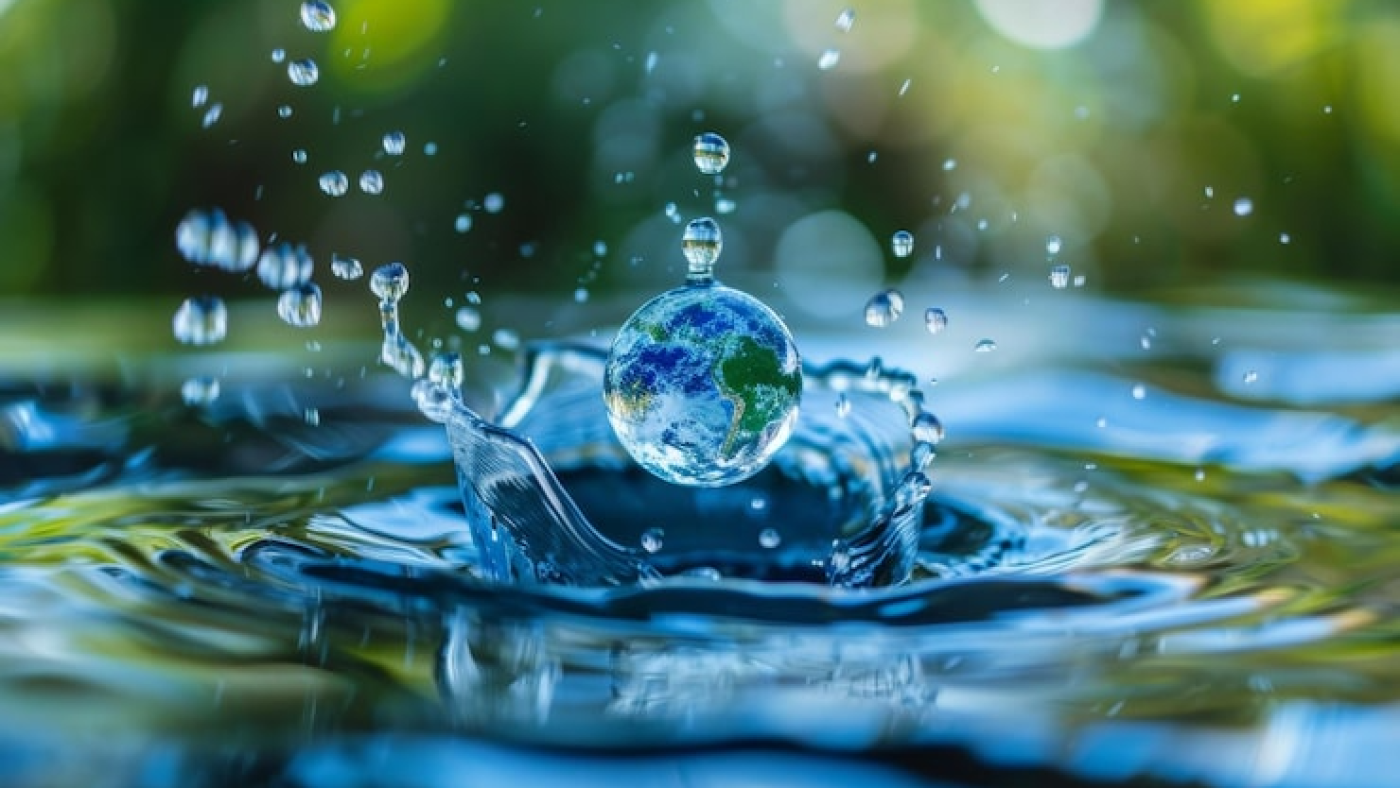Water is one of our planet’s most valuable resources, yet it is under increasing stress due to climate change, population growth, and rising industrial demands. Innovative water recycling methods are emerging as practical solutions that not only conserve this critical resource but also support sustainable development across multiple industries. In this article, we’ll explore modern pathways to water recycling, their benefits, and how industries like solar utility, electric utility, energy utility, and gas utility can integrate them into daily operations.
Why Water Recycling Matters
The average American uses about 82 gallons of water daily. With water scarcity becoming a global challenge, recycling water reduces strain on natural sources and minimizes wastewater pollution. Water recycling is not just an environmental necessity—it’s also a cost-saving and efficiency-boosting strategy for utilities and businesses.
Key benefits include:
- Conserving freshwater resources
- Lowering energy usage for water treatment
- Reducing pollution and environmental impact
- Supporting sustainable growth in industries
- Enhancing community resilience during droughts
Advanced Pathways in Water Recycling
Technological advancements have opened new opportunities for recycling and reusing water. These methods are adaptable across residential, commercial, and industrial sectors.
1. Membrane Filtration
Membrane technologies, such as microfiltration and reverse osmosis, allow for the purification of wastewater to near-drinking standards. This method is widely used in industries where clean water is vital, such as power generation and energy utilities.
2. Biological Treatment Systems
Using beneficial bacteria, biological treatment processes break down organic waste in water, making it reusable for irrigation, industrial cooling, or even safe discharge.
3. Graywater Recycling
Graywater from sinks, showers, and laundry can be treated and reused for landscaping or toilet flushing. This approach reduces the burden on municipal systems and cuts household water use by up to 40%.
4. Desalination with Recycling Integration
While desalination produces fresh water from seawater, coupling it with recycling systems ensures minimal waste. This approach is especially beneficial for coastal communities and energy-intensive industries.
5. Industrial Wastewater Reuse
Utilities and factories are now reclaiming wastewater for cooling, cleaning, and production processes. By closing the loop, industries reduce operational costs and environmental impact.
Industry Applications of Water Recycling
Water recycling solutions are reshaping how industries operate, with practical uses across different utility sectors.
- Solar Utility: In solar utility operations, recycled water is used for cleaning solar panels and cooling systems. This ensures higher efficiency while lowering water consumption in arid regions.
- Electric Utility: Power plants depend heavily on water for cooling. With electric utility recycling systems, treated wastewater can replace fresh water, reducing both costs and environmental impact.
- Energy Utility: In energy utility facilities, recycling methods support efficient cooling and steam generation, enhancing sustainability while maintaining reliability.
- Gas Utility: For gas utility operations, wastewater recycling ensures safe management of byproducts, while reclaimed water is used for equipment cleaning and cooling systems.

Benefits Beyond Conservation
Water recycling creates value beyond saving water. It offers:
- Energy Savings: Treating and pumping recycled water uses less energy than transporting fresh water over long distances.
- Regulatory Compliance: Recycling helps industries meet government environmental standards.
- Cost Efficiency: Businesses lower water bills and reduce waste disposal fees.
- Resilience: Communities and industries become less dependent on external water supplies.
- Innovation Potential: Companies adopting water recycling gain a competitive advantage by demonstrating leadership in sustainability.

How Businesses Can Get Started
Adopting water recycling doesn’t need to be overwhelming. Here are a few starting points:
- Conduct water audits to identify waste points
- Invest in small-scale graywater recycling systems
- Explore partnerships with local recycling facilities
- Leverage government grants and incentives for sustainable practices
- Educate employees and communities about recycling benefits
The Future of Water Recycling
As water scarcity intensifies, recycling technologies will continue to evolve. Smart monitoring systems, AI-powered water treatment, and circular economy models are already shaping the future. In addition, industries are beginning to combine renewable energy with water recycling to reduce both water and carbon footprints simultaneously. The integration of these technologies will not only conserve resources but also create sustainable growth opportunities across global markets.
Final Thoughts
Water recycling is no longer an option; it is a necessity for industries, utilities, and communities alike. By adopting innovative recycling pathways, sectors such as solar, electric, energy, and gas utilities can lead the way in building a resilient, sustainable future. Every step toward water recycling ensures cleaner environments, stronger economies, and healthier communities.
To learn more about how your industry can integrate water recycling solutions, visit 360s2g and explore tailored consulting services for a greener tomorrow.


Add a Comment